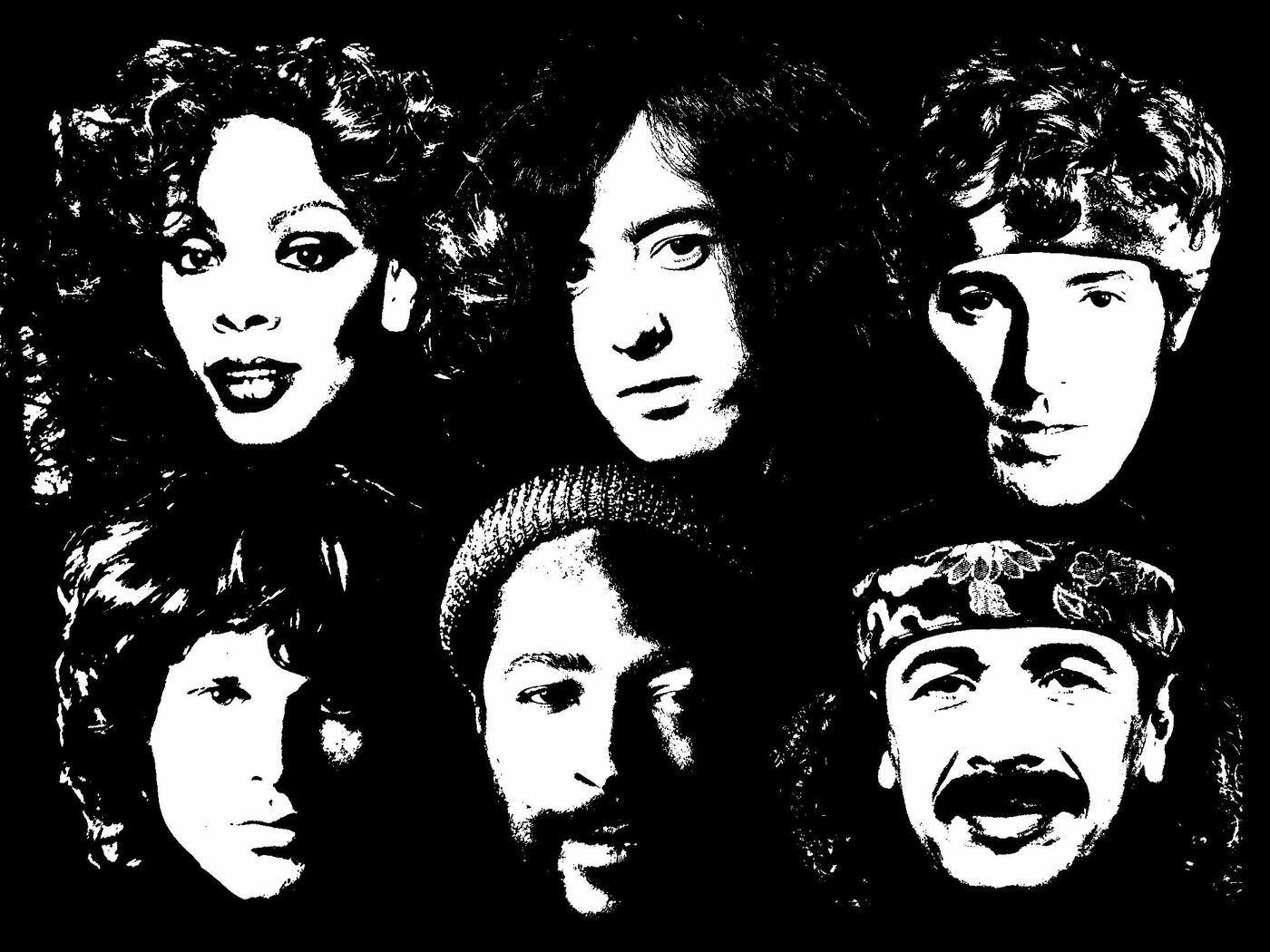Sitting in the courtroom that day, I couldn’t believe what I was hearing. Were some of the most famous passages in rock history really not protected by copyright? And did this also apply to any number of other songs whose deposit copies were certainly equally lacking? I felt as if someone had dropped $100 bills on the ground. Countless unregistered bits of song—guitar solos, bass lines, horn parts, background vocals—could be sitting out there exposed to unscrupulous financial exploitation. Ring tones, TV ads, film soundtracks—or even entire new songs—could be made and sold from these orphaned riffs.
In a little-noticed moment during Led Zeppelin’s Stairway to Heaven plagiarism trial, a Guitar God inadvertently revealed that his industry’s most famous (and valuable) tunes were up for grabs. It was June 2016, on the third day of the proceedings in Los Angeles federal court, when Jimmy Page took the stand. He faced examination by attorney Francis Malofiy. At issue in the trial was whether Page had stolen the introduction of 1971’s Stairway from the obscure 1968 instrumental Taurus by the band Spirit.
To the frustration of Malofiy, the judge said it was irrelevant whether the songs’ album recordings sounded alike. What mattered was whether Page had lifted the Spirit song as it had been written on a single page of music submitted to the U.S. Copyright Office in 1967. The Taurus “deposit copy,” as it’s called, is a spare document handwritten by a record company scribe who listened to the record and then distilled it into only 124 notes of piano music. The reverse engineering was required to comply with U.S. law, which before 1978 allowed songs to be registered only via sheet music “deposited” in Washington. When a pianist performed the Taurus deposit copy for jurors earlier in the trial, it didn’t sound much like the Spirit record, let alone Stairway.
In a bind, Malofiy turned the issue on its head:
“I’d like to pull up Exhibit 2708, which is the Stairway to Heaven deposit copy,” he told the court. The sheet music appeared, projected on a screen between Page’s witness stand and the jury box. “Can you point to where on the deposit copy of Stairway to Heaven it indicates the solo?” Malofiy asked, referring to the electric guitar finale that’s considered one of Page’s crowning achievements.
“I’ll have to have a look,” Page said, then scanned the first bit. “Um, I think you need to scroll down one more.” The second folio came up on the screen. “Please scroll one more,” he said as more music appeared. “Please, one more,” he said again as the fourth and final bit came up. “OK. That’s it. I’ve read it.”
“You would agree that there’s no solo on the deposit copy … of Stairway to Heaven, which was deposited with the office?”
“Yeah, we—I agree with that. It’s not in there, no,” Page said.
Malofiy then pointed to the first measure. On the record, Stairway begins with a finger-picked introduction—one of the most recognizable musical passages of the past half-century, mimicked by millions of aspiring guitarists. That iconic intro, Malofiy said, “That’s not represented in the deposit copy?”
“No,” Page said. “You’re correct.”


Replies
Hmmmmm
Very interesting article.
Brenda H.